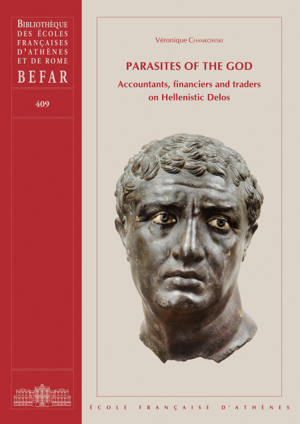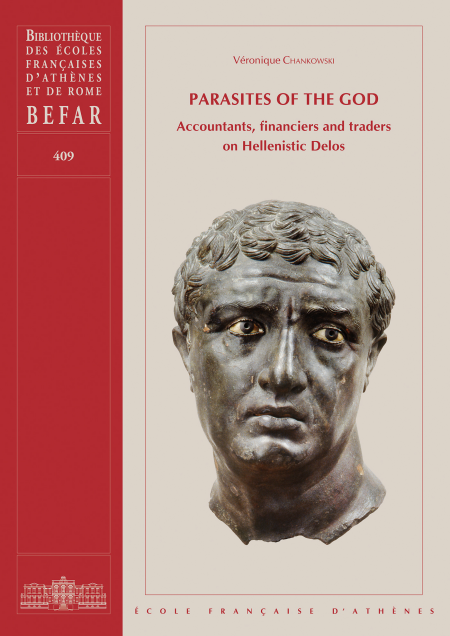
- Retrait gratuit dans votre magasin Club
- 7.000.000 titres dans notre catalogue
- Payer en toute sécurité
- Toujours un magasin près de chez vous
- Retrait gratuit dans votre magasin Club
- 7.000.000 titres dans notre catalogue
- Payer en toute sécurité
- Toujours un magasin près de chez vous
Parasites of the God EBOOK
Accountants, financiers and traders on Hellenistic Delos
Véronique ChankowskiDescription
Freed from Athenian tutelage in 314 BC, at a time of geopolitical changes that marked the beginnings of the Hellenistic period in the Aegean world, Delos gradually consolidated its political and economic independence. During the third and second centuries, the Delian community redefined the central place that the island had continually occupied in the economic, financial and cultural flows of the Mediterranean. This study, mainly based on epigraphic accounting sources, including more than five hundred accounts and engraved inventories that were displayed in the sanctuary of Apollo, but also on numismatic sources and archaeological remains on the seafront, re-considers the question of Delos’ place in the Hellenistic economy. Far from being an exception to be excluded from serialized comparisons, the Delian evidence is indicative of Aegean economic circumstances and demonstrates the capacities of the Greek communities to adapt to change in troubled times. Behind the numbers cut in stone appear human communities and societies whose economic activities shed fresh light on the history of this part of the Mediterranean.
Spécifications
Parties prenantes
- Auteur(s) :
- Editeur:
Contenu
- Nombre de pages :
- 435
- Langue:
- Anglais
Caractéristiques
- EAN:
- 9782869586277
- Date de parution :
- 12-03-24
- Format:
- Ebook
- Protection digitale:
- Adobe DRM







